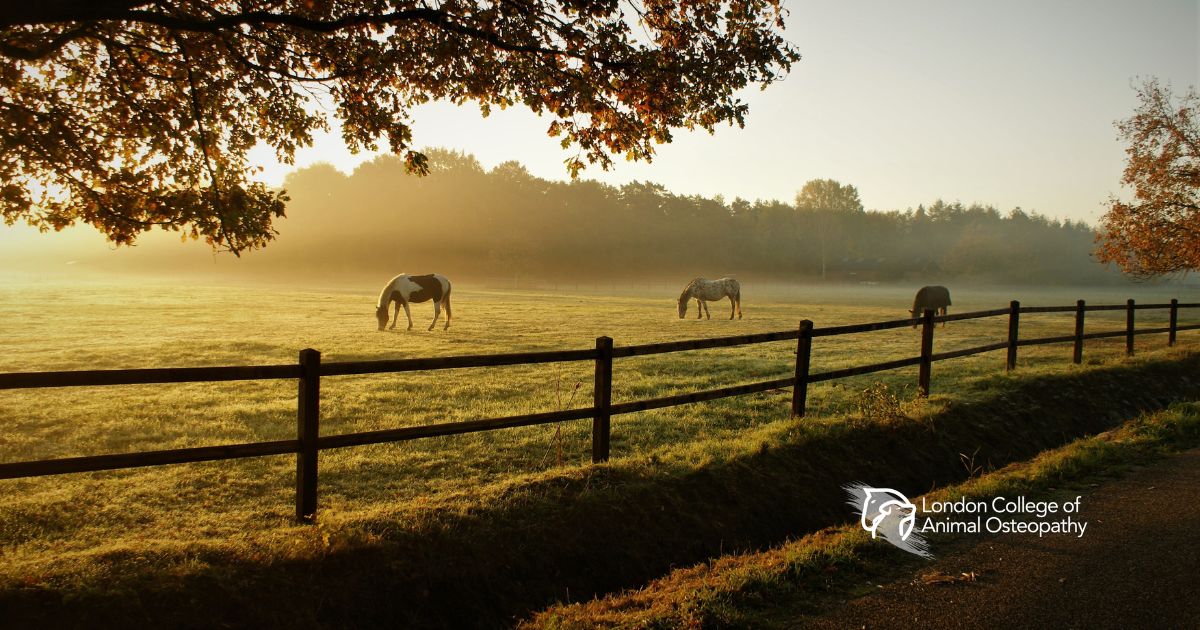Equine nutrition lies at the heart of any horse’s well-being, from a leisurely pasture companion to a champion athlete. As hindgut fermenters, horses digest fiber through a delicate, microbe-rich large intestine rather than through a multi-chambered stomach like ruminants. This fundamental difference means they thrive on frequent, steady intake of forage, yet remain exceptionally vulnerable to digestive upset when changes occur too rapidly.
Importance of Water
Water, often overlooked, is arguably the most critical nutrient. A horse’s body is roughly two-thirds water; even modest dehydration can be life-threatening. Clean, comfortable water intake supports everything from digestion to thermoregulation - simple, yet essential.
Horses require six essential nutrient categories: water, fats, carbohydrates, protein, vitamins, and minerals. Carbohydrates, especially non-structural ones, supply quick energy, while fiber is fermented in the hindgut into volatile fatty acids, offering sustained energy and supporting gut integrity. Protein supports growth and repair, while fats provide a calorically dense energy source, but must be introduced slowly, given horses’ limited capacity to digest fats efficiently.
Don’t Overlook Vitamins & Minerals
Vitamins and minerals also warrant attention. While quality forage often supplies most needs, imbalances may arise when diets lean heavily on grain, include low-grade hay, or the horse is under physical or environmental stress.
Equine Health & Wellbeing
Contemporary insight highlights how targeted nutritional adjustments can enhance coat condition, metabolic balance, musculoskeletal recovery, and overall vitality. For instance, omega-3 rich oils from sources like flax not only nourish the coat but also modulate inflammatory processes. Likewise, emerging work into gut microbiome support adds promising layers to our nutritional toolkit.
Nutrition also plays a pivotal role in mitigating chronic disorders, from obesity and insulin dysregulation to laminitis and osteoarthritis. Tailoring a diet to life stage, activity level, and health status can significantly improve long-term outcomes.
From a practical standpoint, feeding habits should mirror equine behaviour and physiology. Horses are natural “trickle eaters,” designed to graze almost continuously. Forage should be the foundation of their diet, with concentrates measured carefully and fed in multiple, small portions to maintain digestive equilibrium.
Why It Matters Across Audiences
- For Equine Professionals (osteopaths, massage therapists, chiropractors, veterinarians, trainers): Nutrition forms a foundational layer beneath your manual and rehabilitative work. It supports tissue health, expedites recovery, and elevates treatment outcomes, making what you do even more effective and lasting.
- For Horse Owners and Enthusiasts: Whether you're a breeder, rider, or daily caretaker, understanding the rationale behind feeding decisions empowers you. It helps you discern between fad diets and evidence-based strategies, supporting healthier horses and less stress in your daily routine.
Thoughtful equine nutrition bridges science and empathy; it feeds both the animal and our understanding of its care.
About the Equine Nutrition Advisor Certificate Program
The London College of Animal Osteopathy Equine Nutrition Advisor Certificate Program is a 140-hour, self-paced online offering designed to deepen your knowledge of what makes a horse thrive. You’ll explore digestive anatomy, nutrient roles, feeding practices, nutrient analysis, and tailored nutrition for various life stages and clinical conditions. With instructor support, lifetime access to materials, interactive assessments, and CE credit opportunities, this program welcomes both professionals and committed horse owners who wish to make informed, compassionate decisions about equine nutrition.
For more information, you can download the Equine Nutrition Certificate prospectus.



.png)
.png)